Area: Finance

How Tech’s Disruption Alters Investors’ Appetite for Risk
New technology’s upending of the old creates demand for alternative assets to offset risk

How Quantitative Easing Changed the Bond Market
Investors’ future expectations about QE policy lowered long-term yields, made investors feel safer holding the bonds
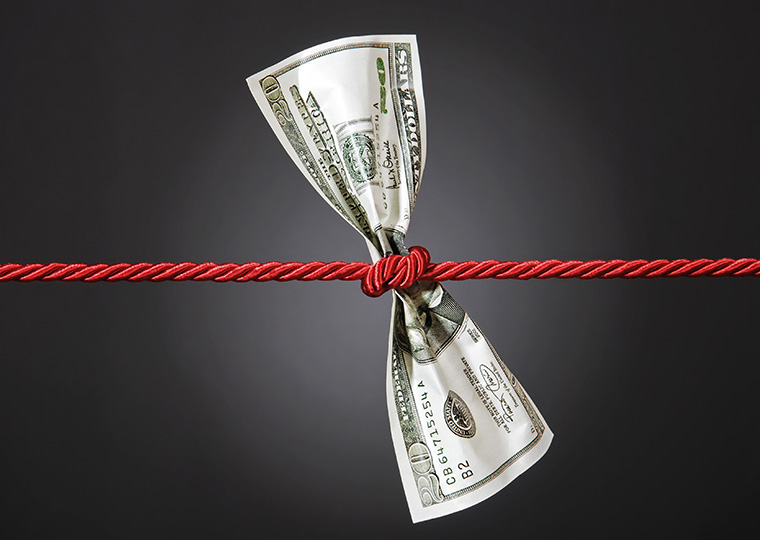
How Our Collective Struggle With Self-Control Shapes Stock Prices
Overspending rises in times of stress and that affects investment decisions

How Much Debt Can the Government Roll Over Forever?
Public bonds compete against other investments; a model of that relationship

How Life Insurers Insulate the Markets from Turmoil
Valentin Haddad’s research finds that insurers’ patient investing shields risky assets — and those who hold them — from steeper declines

How ETFs Muffle Stock Market Feedback to Managers
The rise of passive investing leaves companies mistrusting market signals on how best to deploy capital

How Commodity Price Swings Destabilize Bank Relationships
Small firms in Peru shop nationwide for cheap credit, but loyalty runs two ways

How Banking’s Bifurcated Deposit Approach Is Altering Lending — and Risk
Offering higher deposit rates lessens emphasis on loans of fixed rate and longer maturity

How an Excess of Stock Analyst Optimism Lands on Companies Least Deserving of It
Results of financially weak firms are difficult to forecast; in uncertainty, Wall Street’s views are overly generous

Heading for a Divorce? Might Want to Go Easy on Stock Picking
Active traders lose their edge as a marital breakup approaches
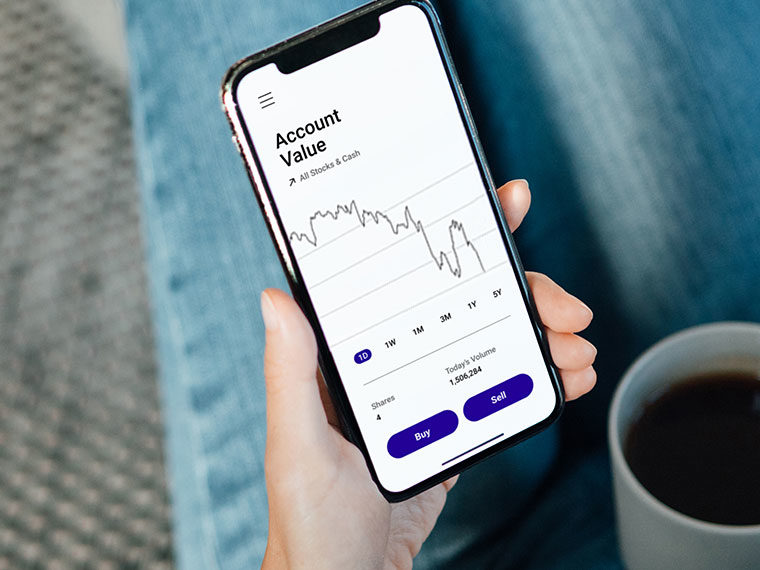
GameStop Aside, Retail Investors Might be Terrible at Momentum Investing
Using Chinese A and B shares, institutional players outperform individuals
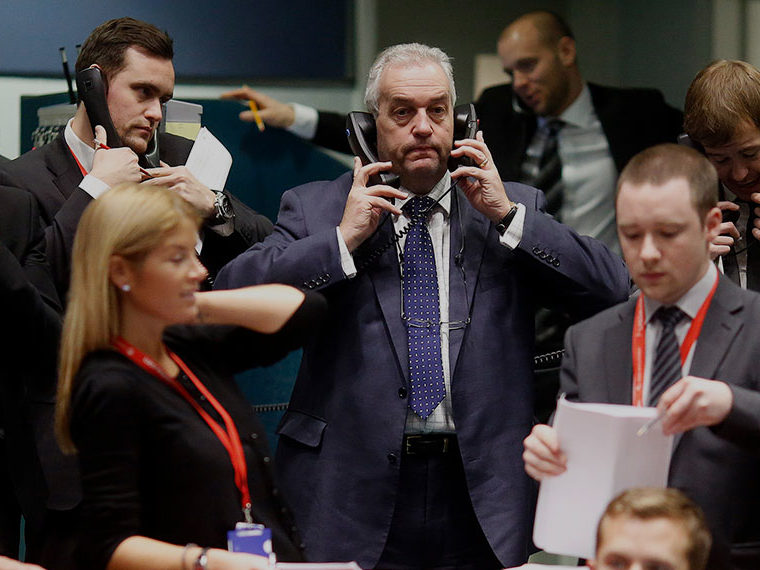
Financial Constraints on Intermediaries Cause Asset Mispricing
Real-world bond data reveals how the capital positions and liquidity of middlemen affect prices of securities they broker

Fed Policy Helped Distressed Homeowners But Wasn’t a Cure-All
Modifications curtailed foreclosures during 2008-09 crisis, but borrowers remained at high risk of delinquency
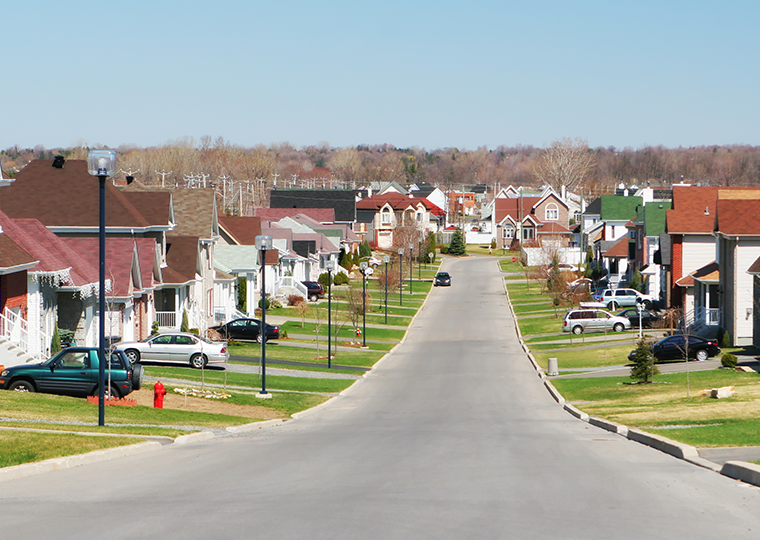
Equity-Rich Homeowners Overpay for Their Next House
Less diligent as shoppers, such buyers help drive up home prices
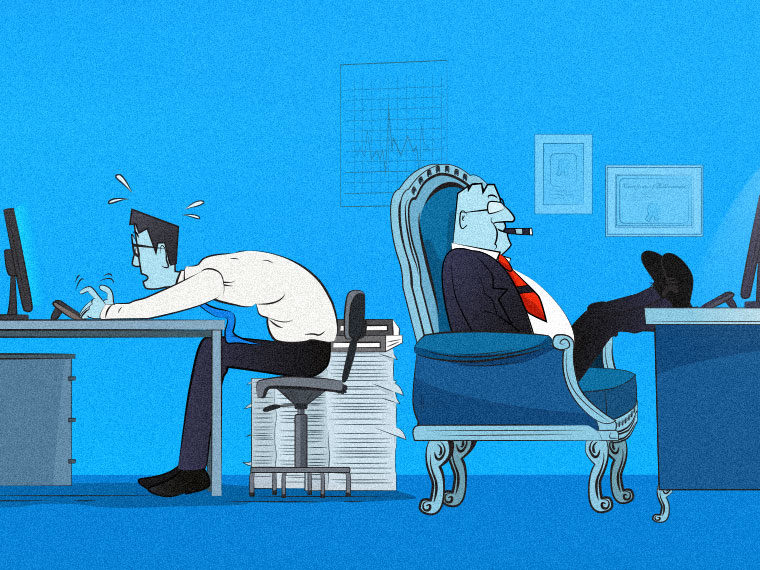
Employee or Capitalist? Equity Compensation Merges the Two
Labor’s losses to capital, much studied, aren’t quite as grim when stock and options are tabulated

Discontinued Car Models, Often Sold to Lower-Income People, Carry a Magnified Risk of Collateral Shortfall
After the repo: Borrowers’ post-default payments account for 27% of lender recoveries